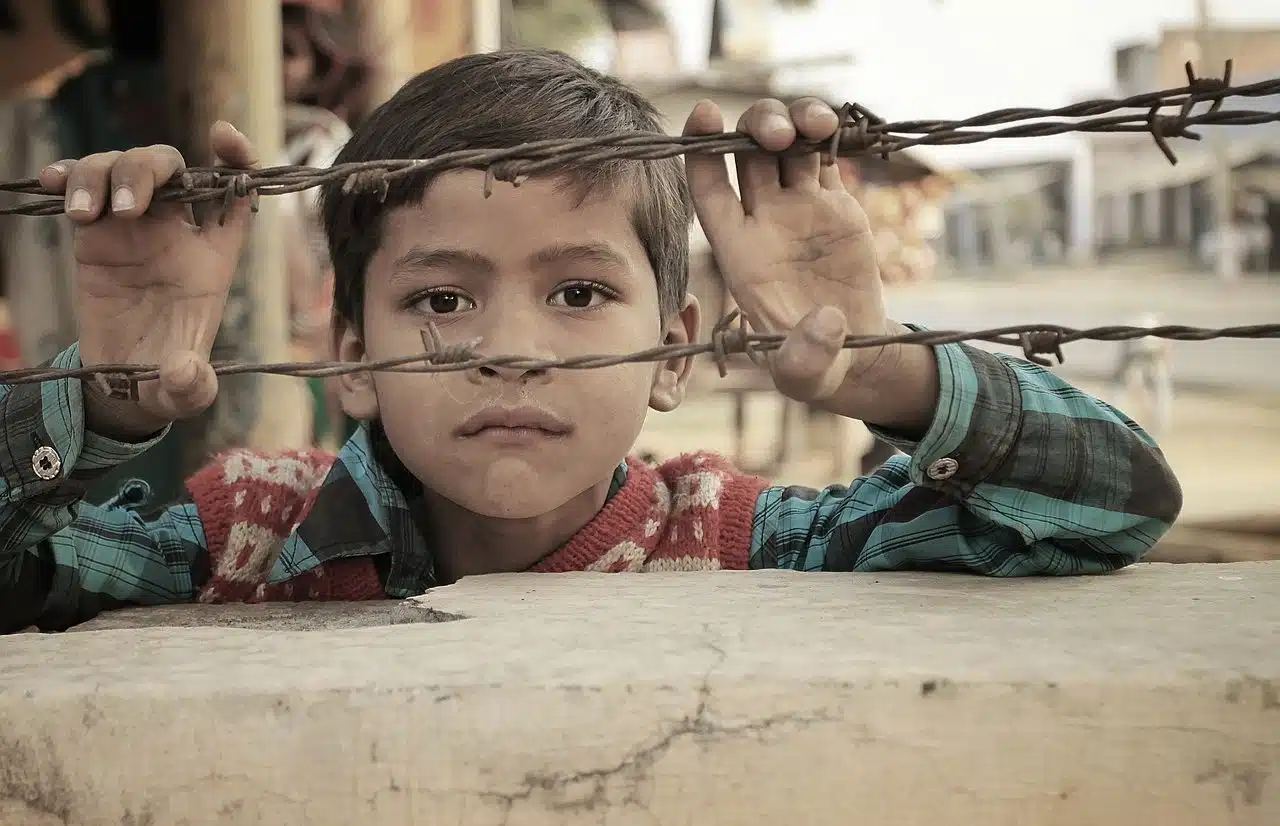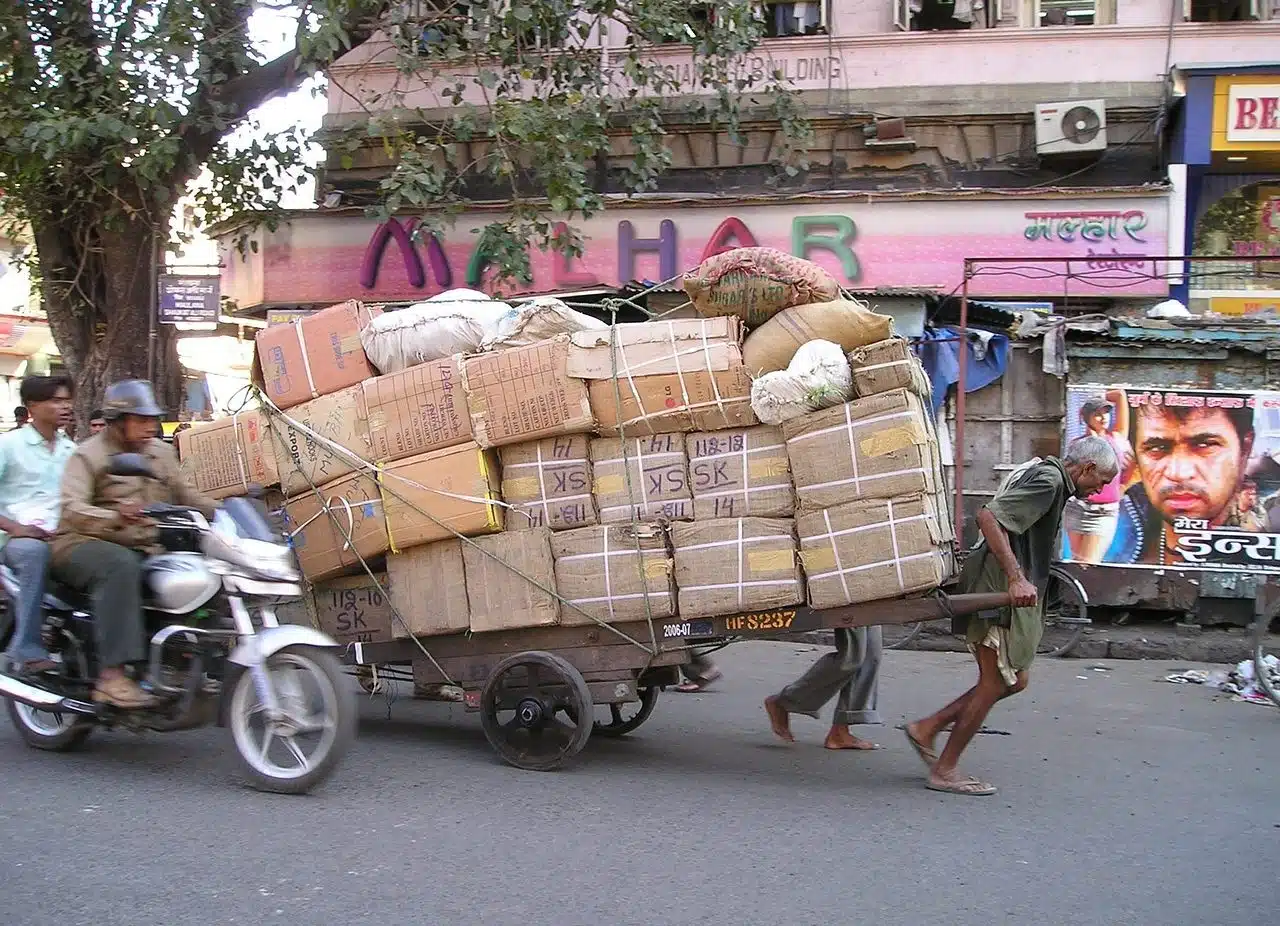
Marginalization excludes certain individuals and groups from society.
Marginalization is a term that refers to the social and economic exclusion of individuals or groups within a society. It involves the denial of opportunities and resources necessary for a dignified and full life, resulting in the vulnerability and disadvantage of those who find themselves in this situation.
It can manifest itself in various ways , such as lack of access to education , employment, housing , healthcare, and participation in political and cultural life. It is often related to factors such as poverty, discrimination, lack of gender equality and economic inequality .
At a global level, marginalization is a problem that affects numerous communities and regions , and its causes and manifestations vary depending on the socioeconomic and cultural context. Combating it is an important objective to promote social justice and sustainable development around the world, since marginalization not only affects the individuals and groups who receive it, but also undermines social cohesion and the progress of society as a whole. set. Policies and programs aimed at combating this problem usually address issues such as equal opportunities, access to basic services and the promotion of social inclusion .
Origin and evolution
The term marginalization has an interesting etymology that is related to its historical and sociological development. It comes from the Latin margō , meaning "edge" or "margin," and the suffix -tion , which is used to form abstract nouns from adjectives or verbs. Originally, it was related to the idea of being on the geographical margins, but over time, it acquired social connotations.
The first use of the term marginalization in a social context is attributed to the French sociologist Louis Wirth in the 1930s . Wirth, in his work Urbanism as a Way of Life , analyzed how life in industrialized cities was leading to the marginalization of certain social groups, particularly immigrants and ethnic minorities. This approach laid the foundation for the study of the concept in sociology.
Throughout history, the concept of marginalization has evolved in its understanding and scope. Initially, it focused on geographical exclusion , but over time it was expanded to address social, economic and cultural exclusion . It has also been studied in different contexts, such as racial discrimination , poverty , gender exclusion and urban segregation .
During the 1950s and 1960s, with the rise of the civil rights and feminism movements, the concept of marginalization gained greater relevance in academia and society in general. More sophisticated theories and approaches began to be developed to understand and address it, including the concept of "opportunity structure" that points out how inequalities in society can lead to the marginalization of certain groups.
In recent decades, the discussion on marginalization has evolved to include a more global approach, taking into account the interconnectedness of societies in an increasingly globalized world. This phenomenon is no longer limited to a national context, but is addressed at a global level, considering factors such as economic inequality, migration and human rights .

The lack of human rights is one of the main characteristics of marginalization.
Causes of marginalization
Marginalization is a complex and multifaceted social phenomenon that has its roots in a series of interrelated causes. One of its main triggers is stigmatization , which occurs when certain groups or individuals are labeled and isolated due to characteristics perceived as different or undesirable. This process often leads to ostracism , where marginalized people find themselves excluded and isolated from society as a whole.
Injustice and prejudice also play a crucial role in marginalization. The first is manifested through social systems and structures that favor certain groups to the detriment of others. Prejudice, for its part, refers to negative and preconceived attitudes such as racism , xenophobia , sexism and homophobia . These perpetuate discrimination and social exclusion.
Economic factors , such as unemployment , inequality and underdevelopment , also contribute to marginalization. People and communities facing challenges like these have less access to opportunities and resources, often perpetuating a cycle of poverty. Furthermore, economic vulnerability increases the probability of falling into marginalization.
Classism, lack of protection and abandonment are factors that exacerbate marginalization by dividing society into socioeconomic strata and allowing a lack of attention to the most disadvantaged groups. The social invisibility of marginalized people is also a significant problem, as their needs and concerns are not adequately addressed.

Governments must intervene to prevent the cycle of marginalization from perpetuating itself.
Consequences
Marginalization has profound and lasting consequences at both the individual and societal levels. People who suffer from it often face displacement, which can be the result of being expelled from their homes or seeking better living conditions elsewhere. Furthermore, the inaccessibility of essential services, such as healthcare, education and employment , creates a significant social gap between the marginalized and the rest of the inhabitants.
Lack of access to opportunities, fundamental rights and social services contributes to the perpetuation of marginalization. Income disparities and the exclusion of vulnerable groups are worsening, resulting in greater inequality in society. All of this undermines respect for human rights and equality , which in turn can lead to the formation of subcultures in response to repression and discrimination.
Marginalized areas often suffer from disinvestment and poor infrastructure, perpetuating the cycle of marginalization and limiting access to essential services. To address these consequences, effective state intervention and social projects that promote citizen participation and social struggle are required. Marginalization can lead to economic vulnerability and continued exclusion of affected people, further reinforcing the need for poverty reduction policies and programs .
